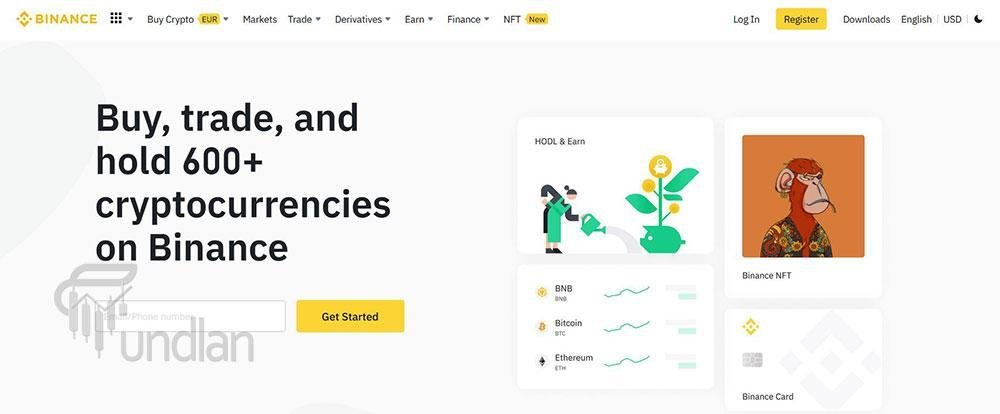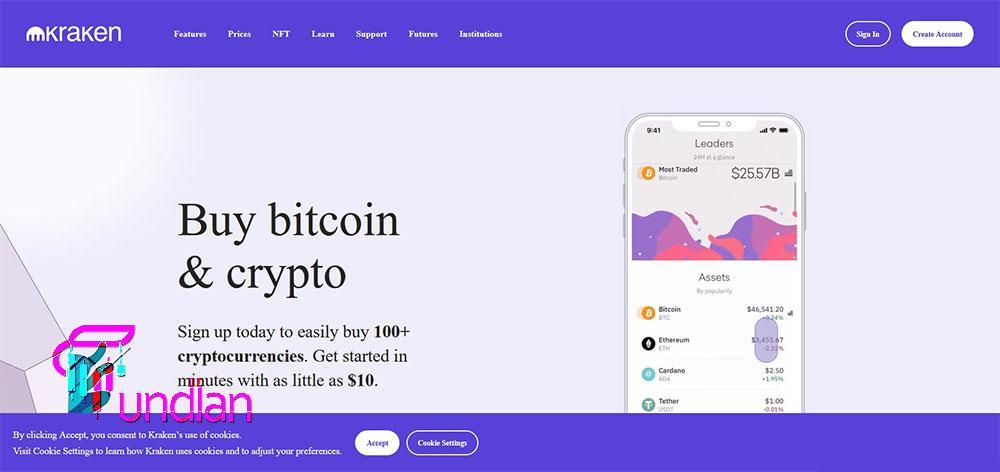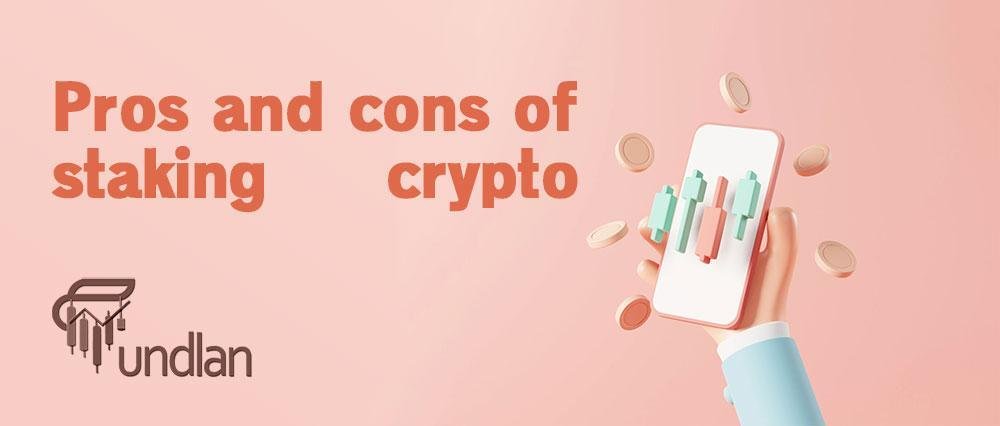Is staking crypto risk-free?
In the world of cryptocurrencies, you will find hundreds of different ways to grow your money; Staking is one of the popular ones. First, let’s take a quick look at the staking definition, and then we will look into staking crypto risks.
Different crypto networks use other mechanisms for creating new blocks besides processing and securing transactions. One is Proof-of-Stake or PoS.
In this method, network functions are based on staking, meaning that this type of network needs validators who lock up their digital assets to keep the network functioning. These validators are rewarded with more assets they are staking in return.
But as you may have already asked yourself, is it risk-free, as it is claimed to be?
In a word, No. Because even though it is a low-risk investment, there are several staking crypto risks that you need to know about.
What are the risks of staking crypto?
1. Market Risk:
It’s probably the essential staking crypto risk that an investor may face. The asset you are staking surely has a value determined in the market by the interactions of supply and demand.

However, cryptocurrency prices are very volatile, and even if you have increased the number of your assets through the process of staking, at the end of the day, you may lose money over a decrease in the price of that asset.
The good news is that you can prevent this risk by staking a stable coin; as long as that stablecoin doesn’t lose its peg, you will not have these staking crypto risks.
How to choose and find the best Cardano staking pools in 2022?
2. Duration of Being Locked
Let’s say you have decided to stake your crypto coin or token, and the platform that you are using says that your assets have to be locked up for a specific period, a month, for example.
You are said to have a return of 2% at the end of that time, it sounds acceptable to you, and you start the process, things go well for some time, but at the end of the third week, the price of that asset begins to go down by 1%.
Therefore, you will decide to sell it to save your profit, but you have already agreed to lock them up.
A whole week remains, so all you can do is either take them out or give up on the yield (considering the platform you are using, you may not be able to take them out) or sit and watch them burn! You may want to use Liquid Staking, a term referred to as staking, in which you can unstake your cryptocurrencies whenever you want to. Although it comes with a lower yield than the other type, it can assure you that this staking crypto risk will not affect you.

3. Liquidity
In terms of Economics, liquidity refers to the easiness of converting an asset to cash. On the subject of staking crypto risk, one factor that you need to consider is the liquidity of the coin or token that you want to stake, which means you have to choose a cryptocurrency that can be converted to cash or other cryptocurrencies with ease so that you can withdraw your money whenever you want to.
Can you lose crypto by staking?
The short answer is no, but let’s go into details and see if it’s theoretically possible. If so, how often does this happen, and how can you prevent or mitigate this staking crypto risk?
As I mentioned before, there is not only one type of staking. One is to do it on your own by being a validator, which requires more amount of the asset, higher knowledge of cryptocurrencies, and some specialized equipment.

The other is simplified by stake service providers, needs less expertise, and is more secure for a regular user. Some large crypto Exchanges like Binance and Kraken are among these service providers, which we will cover later.
Now that we know this, it’s easy to say that the answer to that question depends on your chosen path And reducing one of the staking crypto risks. As a validator, adding a block with inaccurate information or being slashed may reduce rewards and loss of the staked assets.
The risk that may threaten you by using stake providers is related to the stake provider that you have chosen; in case of fending off frauds, you need to consider a tried-and-true one to put your cryptocurrencies in it.
Staking crypto on Binance
Binance, the largest cryptocurrency exchange in the world, also provides a service for staking crypto assets to its users. You have several choices for earning more crypto by putting them there, and the Earn menu is where you can find them.

One of your choices for staking in Binance is Defi staking; Defich locks your crypto for a De-Fi project offered to you through Binance. It would help if you also contemplated that it comes with higher risks, which you are warned of before you start staking.
Staking crypto on Kraken
Kraken is another large, extensive range that provides staking services, with risks similar to what I already brought up. You can see Kraken staking plans using this link.

Pros and cons of staking crypto
While all the risks mentioned above are actual, depending on the cryptocurrency you have chosen, staking can benefit you with high returns, which, as an investor, is probably what you are seeking.
If you choose a stake provider, the process is simple and doesn’t need equipment.
Since POS cryptos functions are deeply dependent on its stakes, having skin in the game of the POS cryptocurrency that you believe in and playing a role in the future of it can also be satisfying!

Conclusion:
By now, you have already been informed about the vital staking crypto risks, and a brief explanation has been given to you about the different types of staking and the methods of doing it.
Still, the question is that, after all, is it worth it? The answer is dependent mainly on your investing strategies. However, if you are a short-term investor or a trader, you will be charged commissions and fees by stake providers every time you do so.
And it is not suitable for you. And you also have to accept the risks mentioned above; staking may not be entirely your cup of tea.
Disclaimer: This content is for informational purposes only and is not a financial investment or any other advice.
How to buy, withdraw, stake, swap, and sell Cardano on a trusted wallet?

